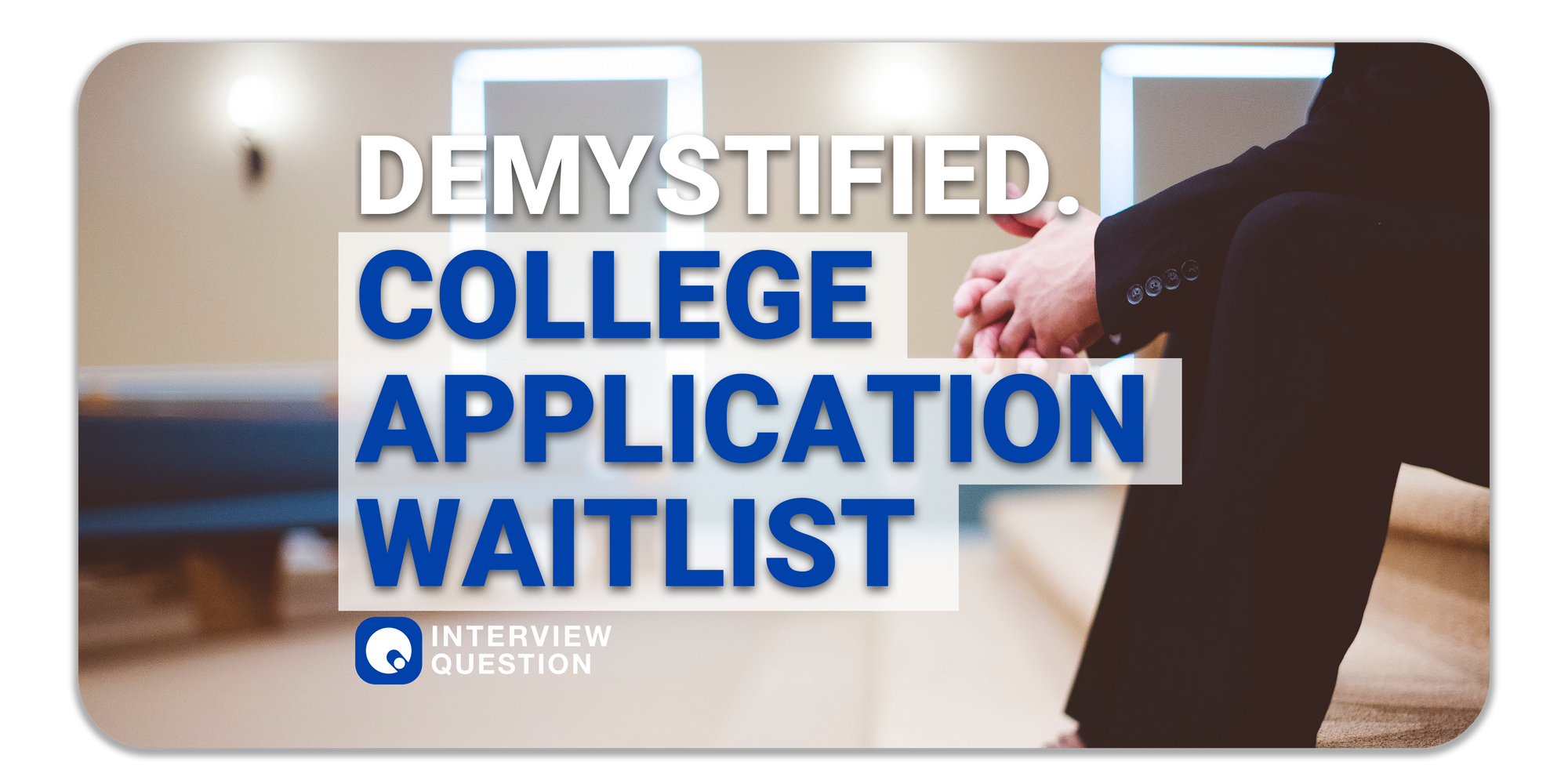What to Bring to a College or University Interview?
• Paperwork & Preparing Copies • What's in Your Interview Bag? • Pen • Powerbank • Backup Cash • Waterbottle • Invitation Letter • Smile • Script with Talking Points • Bringing & Storing Originals
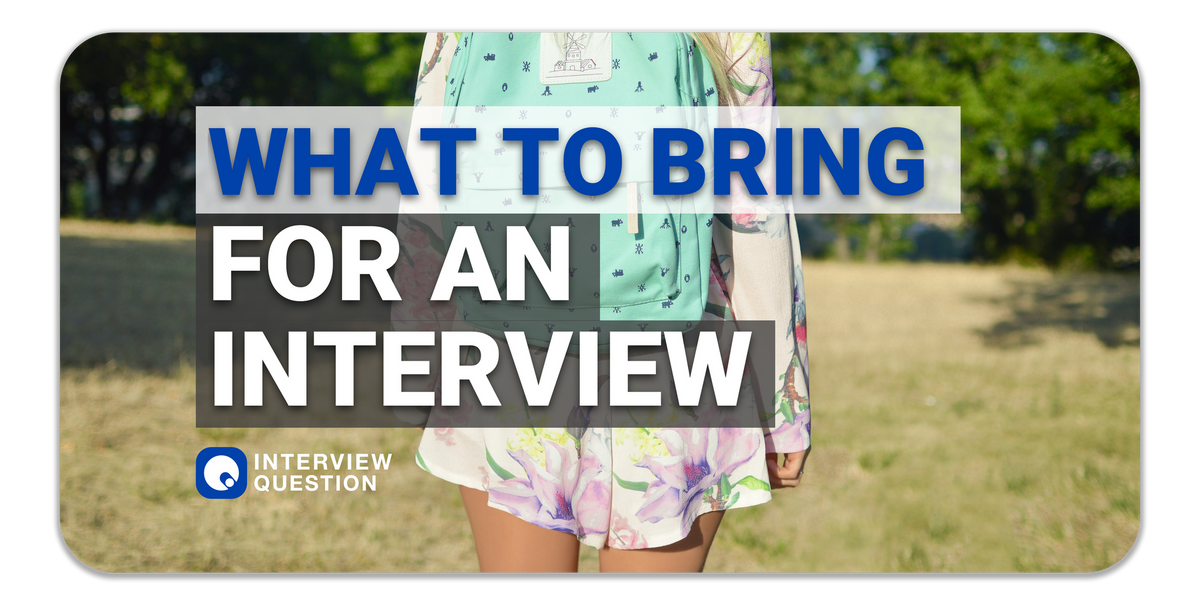
This article will explain what to bring to a college or university interview (applies for any kind of interview, actually). I will talk about what you should have with you before the interview, at the time of the interview, and in your bag.
Paperwork & Preparing Copies
Before the interview, you will want to have several copies of your curriculum vitae or CV. You will want to have one copy of this for yourself and at least two extra copies in case you get a chance to hand them out to people. If you do not have a copy, I would recommend that you either go online and print one-off, or that you email it to them before the day you are going in for your interview.
Though it isn't extremely important, it will be good to have on-hand copies of your writing samples (or essay). Together with the writing sample should be copies of your national identity / ID card, test scores (GMAT, GRE, SAT, etc.), education transcripts, certificates, and letters of commendation/recommendation. Though it is likely they already have the digitized versions from your online submission, having physical documents will allow you to whip them out immediately if the conversation requires a reference from them. A well-prepared candidate is likely to be in a more favorable position.
What's in Your Interview Bag?
In your bag, you will want to have a folder that has all of your materials - paperwork as explained in the previous section - specifically, two or more copies of your CV, your writing sample, a copy of your ID, test results, transcripts, certificates and recommendation letters to give to the person that is interviewing you.
In addition, bring a working pen so you can fill out forms. Check that your pen is functional and write well. Test the pen before you put in your bag or pocket. Do not bring anything that you are unsure of using - a new pen or a pen with red ink is not recommended. Keeping one blue pen and one spare black pen as a backup with you will be sufficient.
Having a ruled notebook is great for notetaking during the interview. Do record information you find important on paper instead on your phone because you want to look like you are focused on the interviewer and not distracted by notification pop-ups on your phone. Plus, physical notetaking lets the interviewer know what you took down in a transparent manner, allying any doubts he or she may have. The notes can become really useful during the conversation if you have to make references and keep the conversation on track.
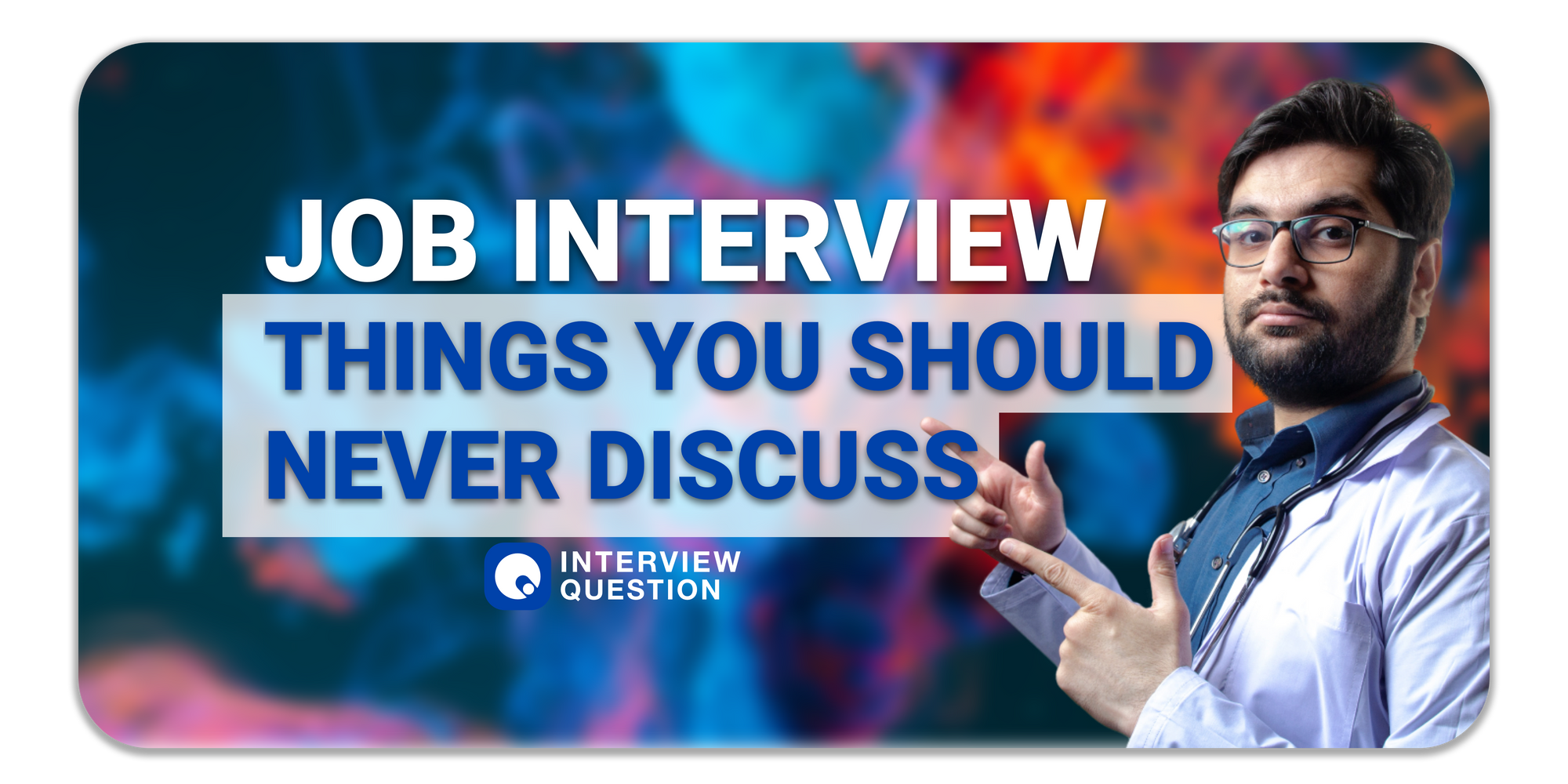
Some people bring a prepared script with talking points. They put the talking points and questions they have into the script, and then print it out. I would suggest that even though you can bring it along, you should not be using or reading off them during the interview conversation - interviewers want to see and hear the true you. Have the bullet points memorized and expand the topics using your own words to have a develop natural conversation.
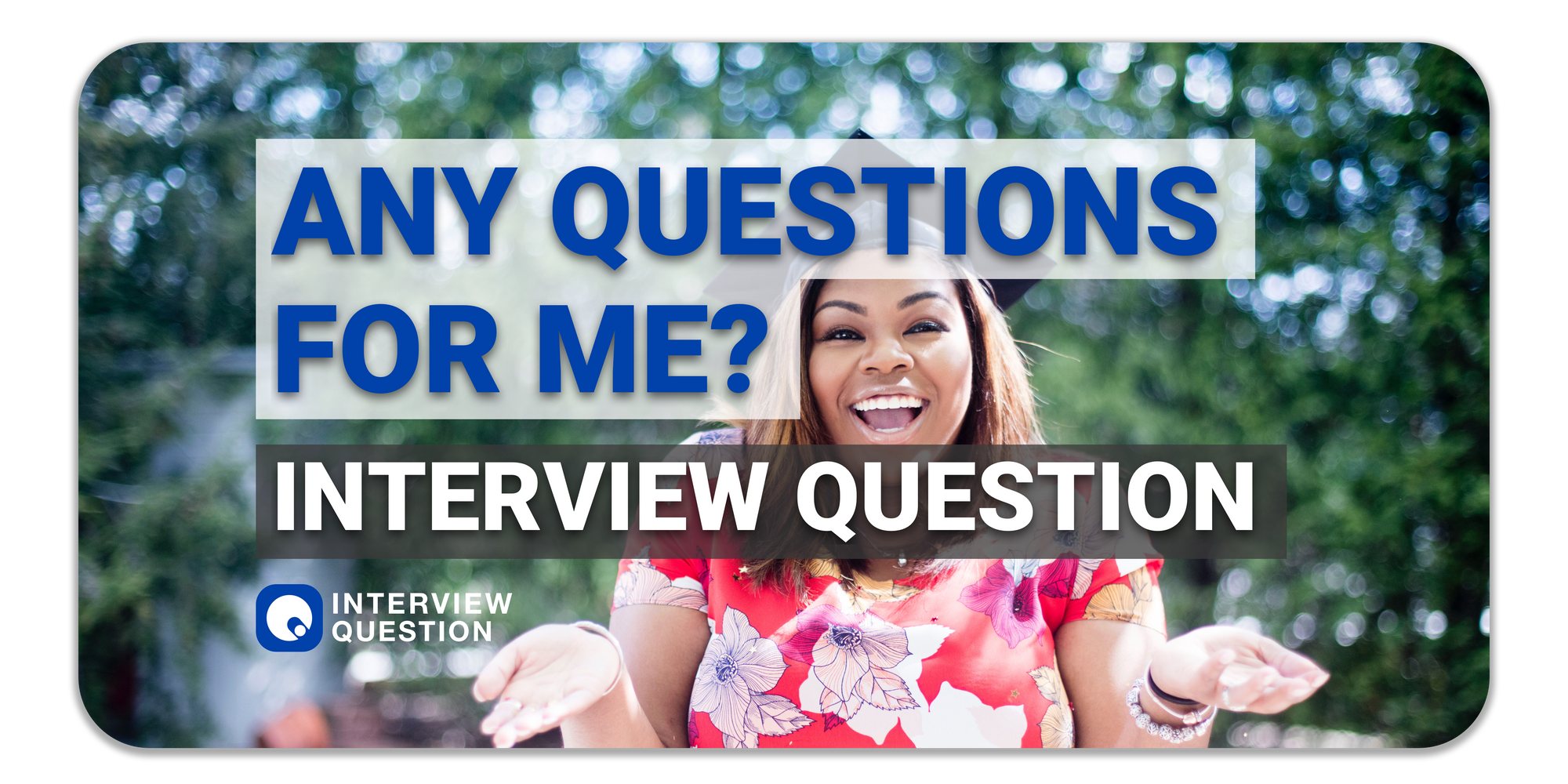
Bring a portable power bank to keep your phone charged. A flat battery while using your phone for directions can really stress you out. Try to bring a powerbank with at least 6 hours worth of charge. A 5000mah capacity powerbank should do fine for use as a phone charger if you are going in for a longer interview (such as a thesis or dissertation presentation).
Have enough cash on you for travel fare from the interview location to the place you are going. Commuting can be a nightmare if you forgot to recharge your stored travel card. Make sure you have enough money in your wallet or purse - I would consider $20 or less as a backup amount of money in case of any unexpected events that may come up. You can also use the $20 backup cash as a last resort taxi fare if you are late.
Tissues or a cloth handkerchief can be used to wipe food stains from your last meal or catch nose drippings if you suddenly leak fluid from the cold interview room. In the unlikely case, you can also mop your face if you flunk the interview instead of letting your tears flood the place. Haha.
A bottle of water helps you stay hydrated throughout and keeps your lips dry so you can continue speaking without issues. Plain, mineral water is better than having a carbonated drink or cofee because you don't want to be burping or having a sugar crash during the meeting. Try to bring prepacked water in sealed containers/bottles so you can be sure that the water is not expired and clean.
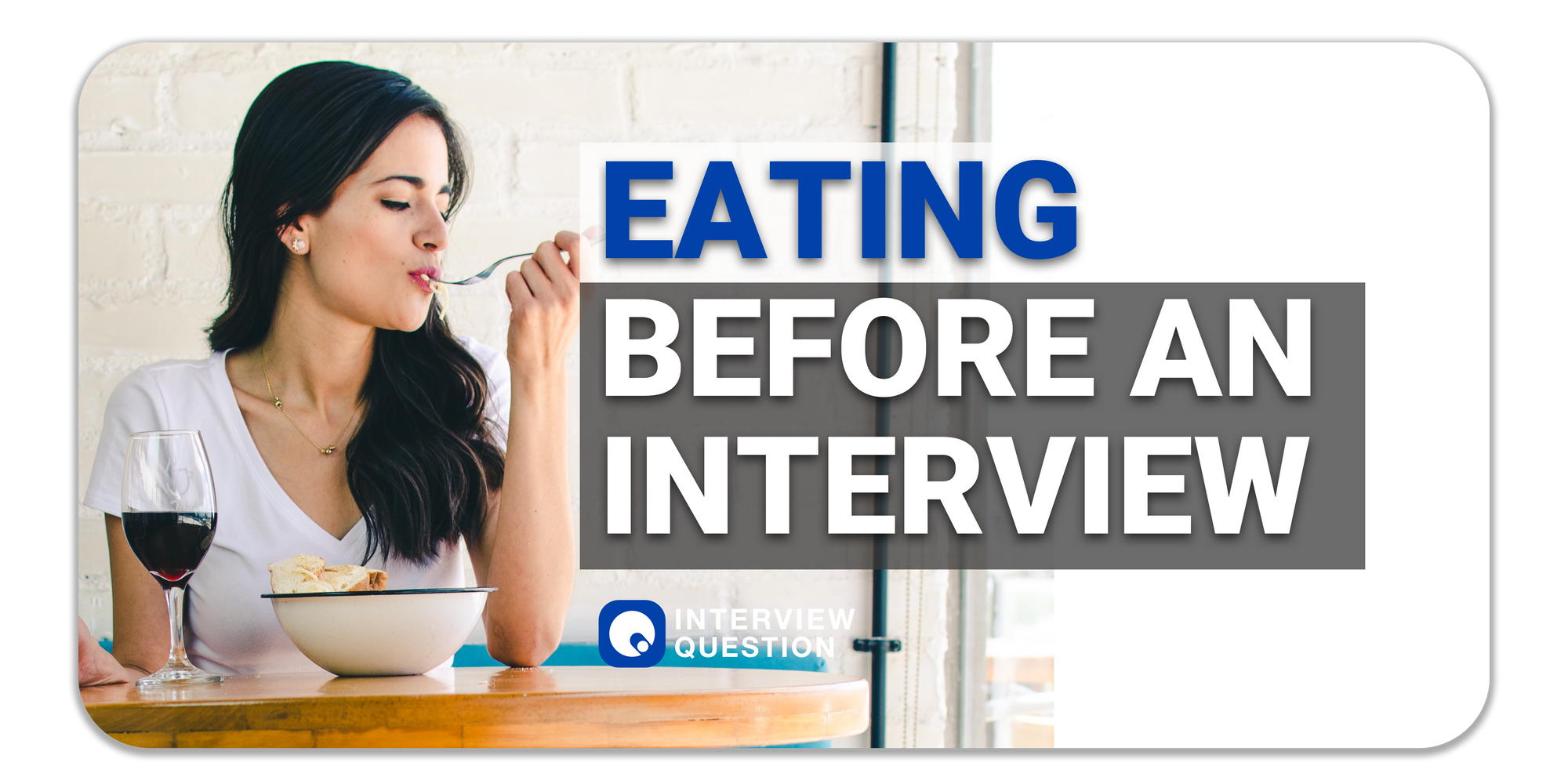
A tie, for men, is an optional addition. Though it won't affect the outcome of your interview, wearing a tie will show that you are well-educated, prepared and make you stand out from the crowd. Choose a tie that is simple and professional - not too flashy and definitely nothing with visible cartoon characters on it. You can wear it if you find it comfortable or when other interviewees also put one on.
For women, a small purse is acceptable for carrying around during the interview. It is important to have something to store your phone in just in case it falls out of your pocket or your bag. Try to find a purse that has a flap to protect your phone from getting wet in case you step on something and jiggle the water out of your purse onto the floor.
You could bring a novel or book to read while waiting for your turn to be interviewed. This will help you pass the time when you are waiting in your room or in the lobby. You should avoid bringing anything that is too interesting so as to prevent distracting yourself with it. An interview is a conversation, not reading material. Make sure this book is not something that is blatantly obvious. A high-school English textbook will scream out to everyone that you have nothing better to do than read during an interview.
Bring with you a calculator and a highlighter only if you think that it is relevant to the conversation. If there is a case study or group interview component to the interview, you maybe given situations where you need to do some sums or interpret data. A calculator and a highlighter is good to have. A scientific calculator is probably overkill (i.e. the one with sine, cosine, tangent), but since most people keep them from middle or secondary school, bringing the used calculator is fine.
Unlikely do you need your whole pencil case, a compass (used to draw circles), bendable ruler (to draw curve graphs), protractor (angles) and stencil. This isn't drawing or math class! Please keep these tools at home.
Bring Your Interview Invitation Letter
Your invitation helps you identify where exactly you are going and provides important information about the date and time of the interview. It is also essential to know that you know the name of the specific person you are having an appointment with - this may be indicated in the letter. The letter may also have a map to direct you efficiently to the interview location, which is useful since you have to prepare yourself mentally for the interview and will not be familiar with the new surroundings.
Bringing & Storing Originals
You should bring the original version of the documents so the interviewer can verify their authenticity. This protects both you and the college or university because this step prevents lying and forgery when an applicant says that he has certain documents but fails to produce it.
Originals are extremely precious so keep them contained in a ziplock bag for protection while you have it in your bag, just in case it rains or you accidentally drop the originals in a water puddle. Where possible, use a hard file case so that the original documents don't get bent or warped if they are crushed. A hard case also prevents the paper edges from curling. In essence, we are doing damage prevention.
You should scan all your original documents and store them on a cloud storage service so that in the event that something happens, then there will be backups waiting for you when needed. These can be easily retrieved via a computer or emailed to a recipient via your mobile while on the go. Plus, storing an online copy will increase the likelihood of the long term preservation of such life-changing documents, even if you do encounter computer crashes, phone upgrades, fire or even floods.
No Phones
Your phone should be brought to the interview but not into an ongoing interview itself. Why? You can get directions on Google Maps, call up their office if you are lost and search online for interview Q&A for a quick last-minute prep before the actual interview.
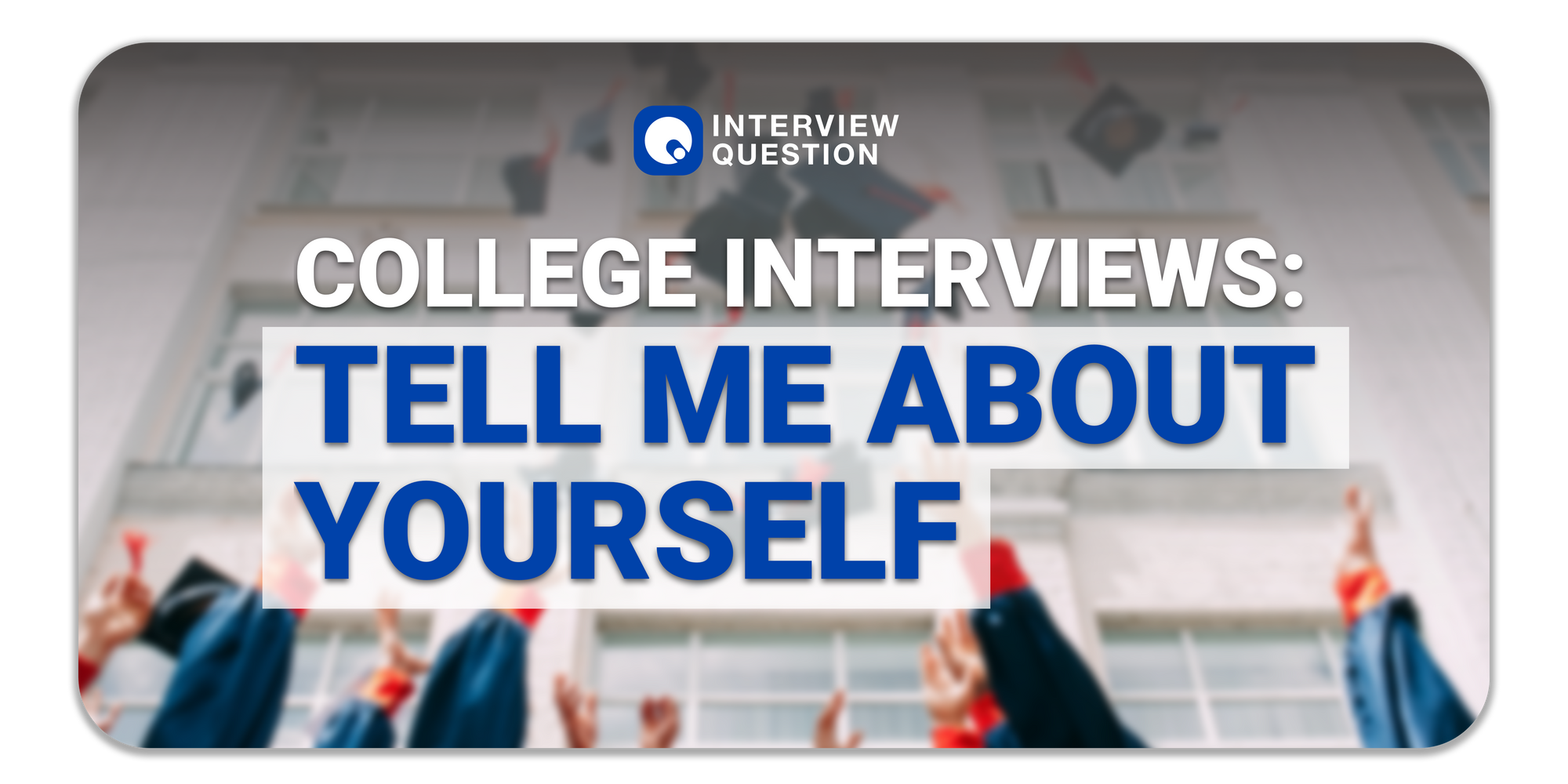
But do not bring your phone into the interview room because you may get a call or have some silly notification sound that won't look good on you. Most interviewees find that it is sufficient to switch off the device beforehand, however, you may have experienced times when a phone goes off in an exam hall and a teacher does a mini-ransack to find the offending device. Where possible, deposit it at a charging station outside, leave it in your bag or place it in the waiting room.
Wear a Smile
In sharing the things to bring to an academic interview, it comes to mind that the things you bring isn't always physical. A smile goes a long way! The atmosphere that you create is important and it is important to take care of yourself to fit in with the right culture. So wear a nice outfit, tidy up your dressing, have a look in the mirror and smile at yourself (and others). An attitude of positivity and confidence is always better appreciated than that of negativity and unsureness.
Emotions, such as stress, excitement, anxiety or anger, can influence your performance - especially if you haven't prepared enough or if you aren't sure what to expect. If the interviewer notices the negative attitude and it's not correlated to a genuine reason, it may affect your chances of being accepted into the university.
Forgetting Something Before the Interview
Going home to pick it up would be an admission that you forgot it, and such an act would make you look less responsible if the interviewer is aware. Usually, your presence is more important than any physical object, and it is best you stay put at the interview location. You can arrange to deliver or email copies after the interview session.
If you have not reached the interview, you might still consider returning home to retrieve whatever you forgot. If it is something that can easily be delivered to the interview site, you may consider this option to ask a family, friend or GrabDelivery (similar to Uber but for on the spot delivery). You can text or call the person who invited you to the interview to let him or her know of your situation. You may ask for instructions or assistance in making your way there if you deem it important enough.
Try to be as clear headed as possible.
Overall, calling up the interviewer to let him or her know about your situation is better than making a delayed appearance. It shows that you care and are willing to make an extra effort to meet the standards of a responsible applicant. Ask the arranging office or the interview host to hold your interview for a little bit if you need the extra time to make your way there.
Find out more about being waitlisted after your interview, your chances and acceptance rates.
